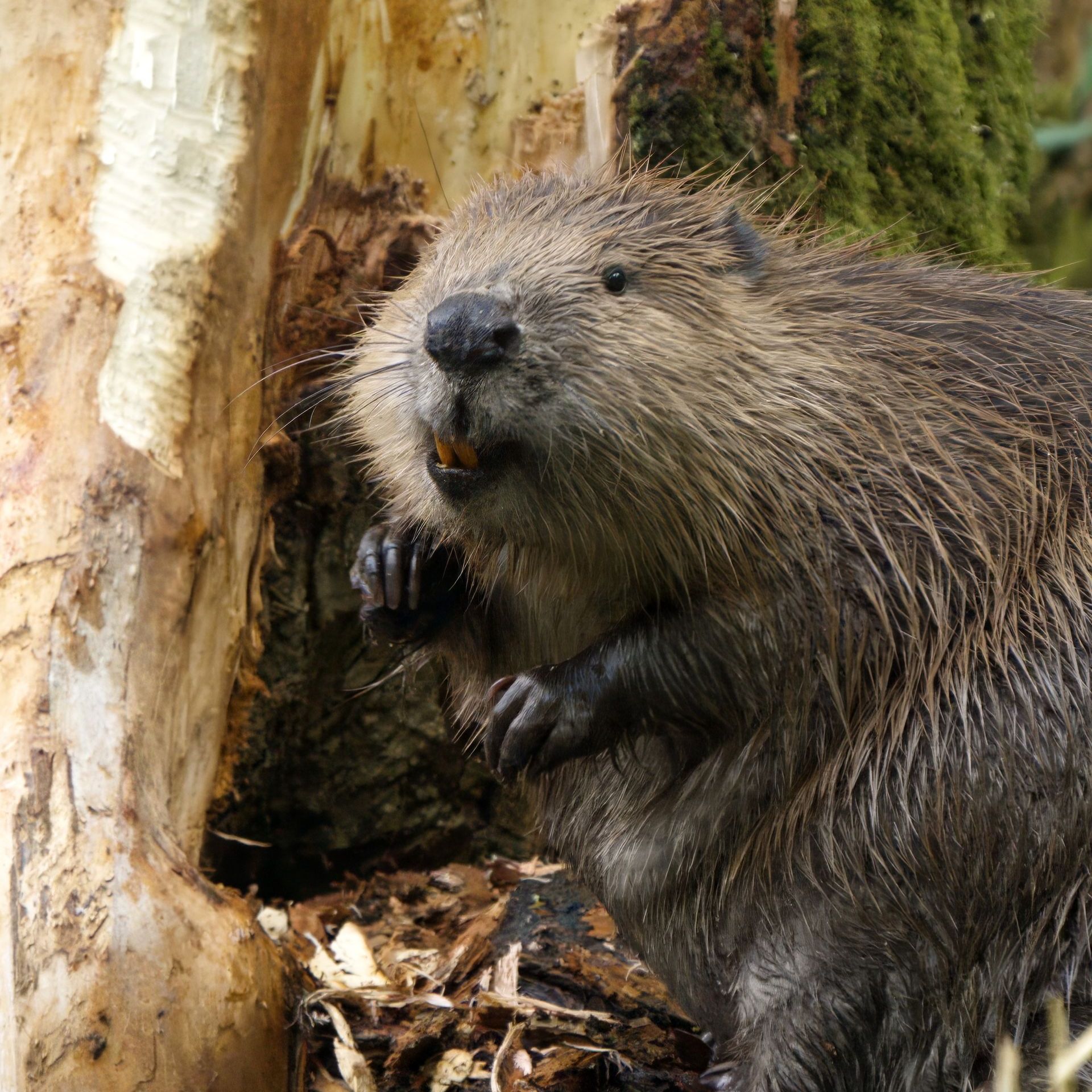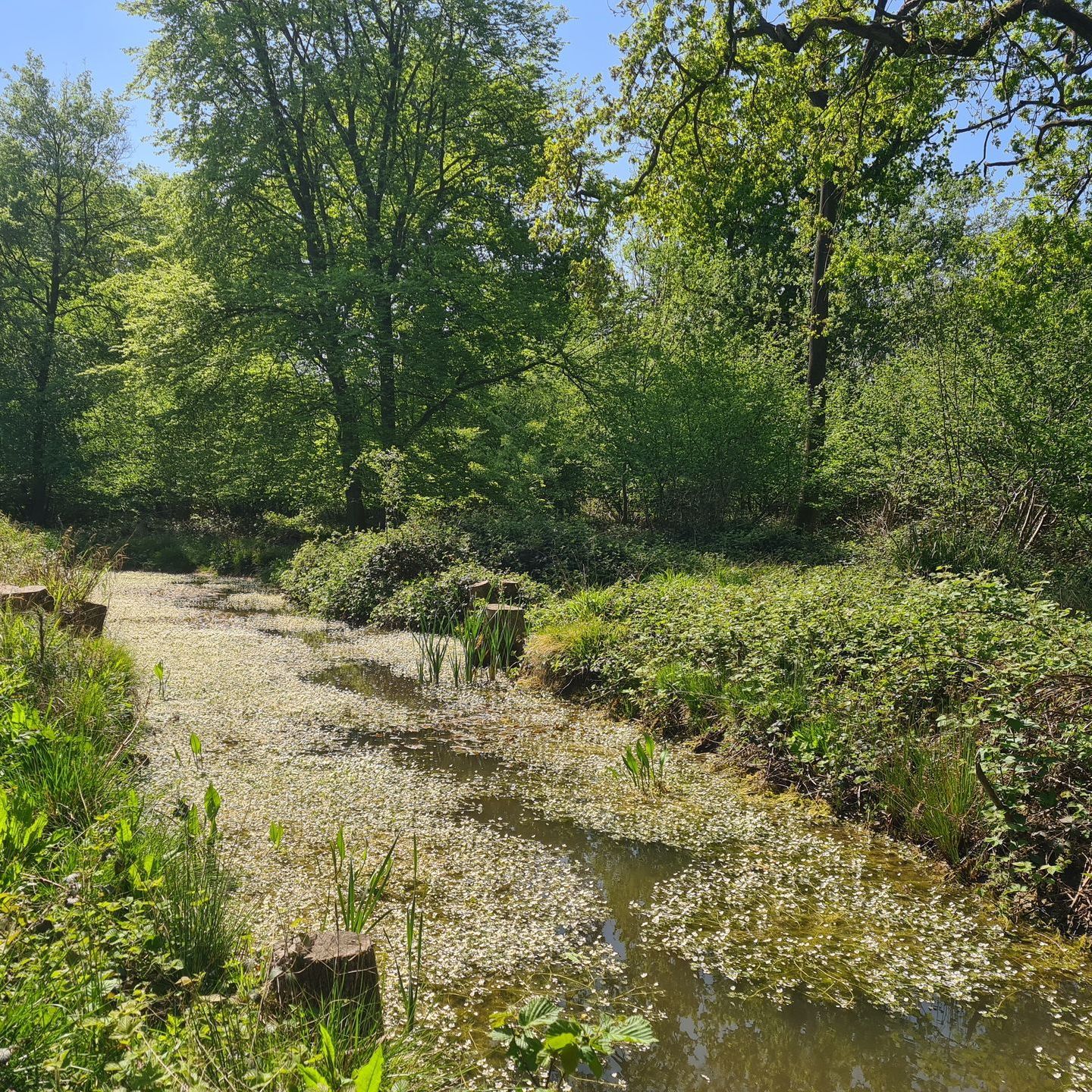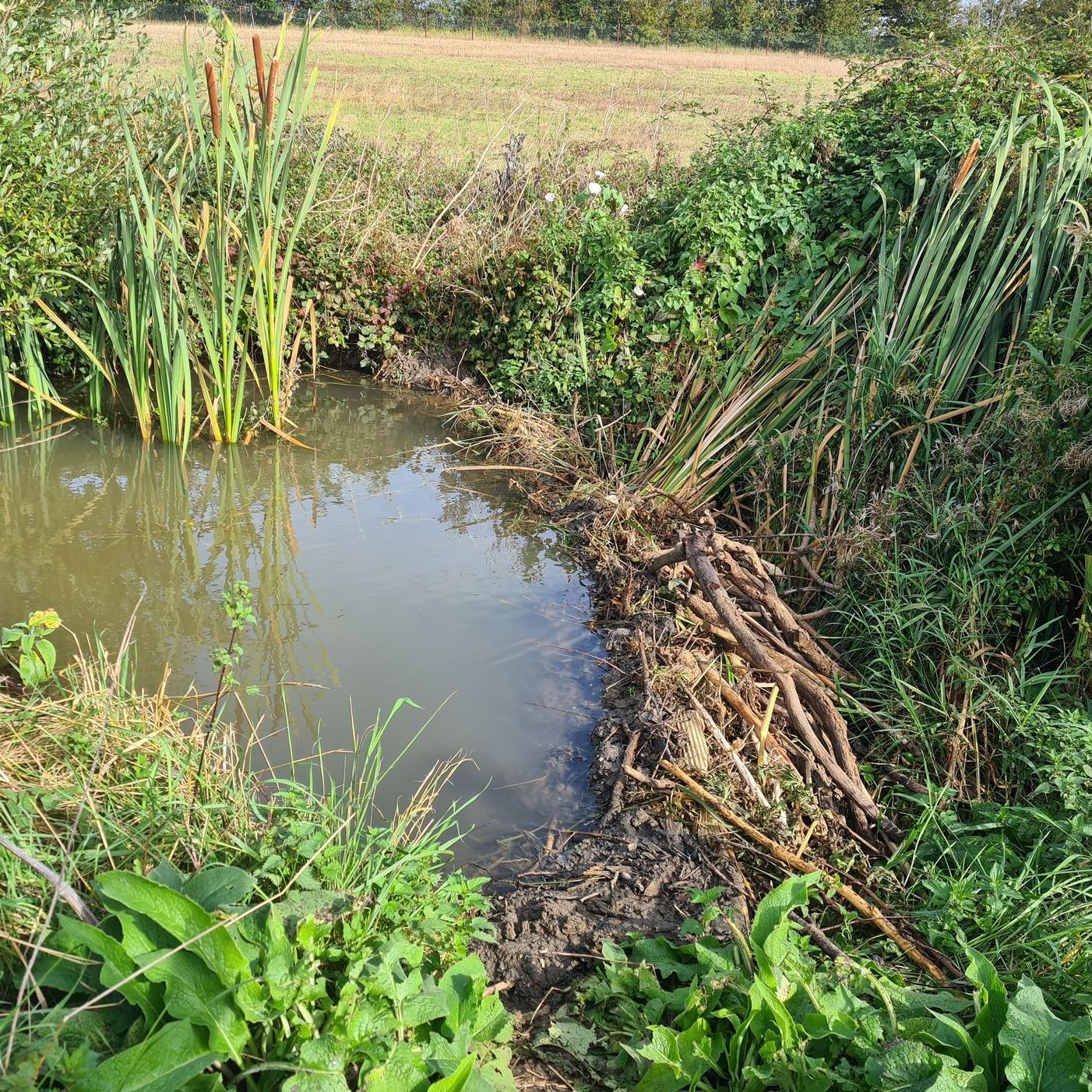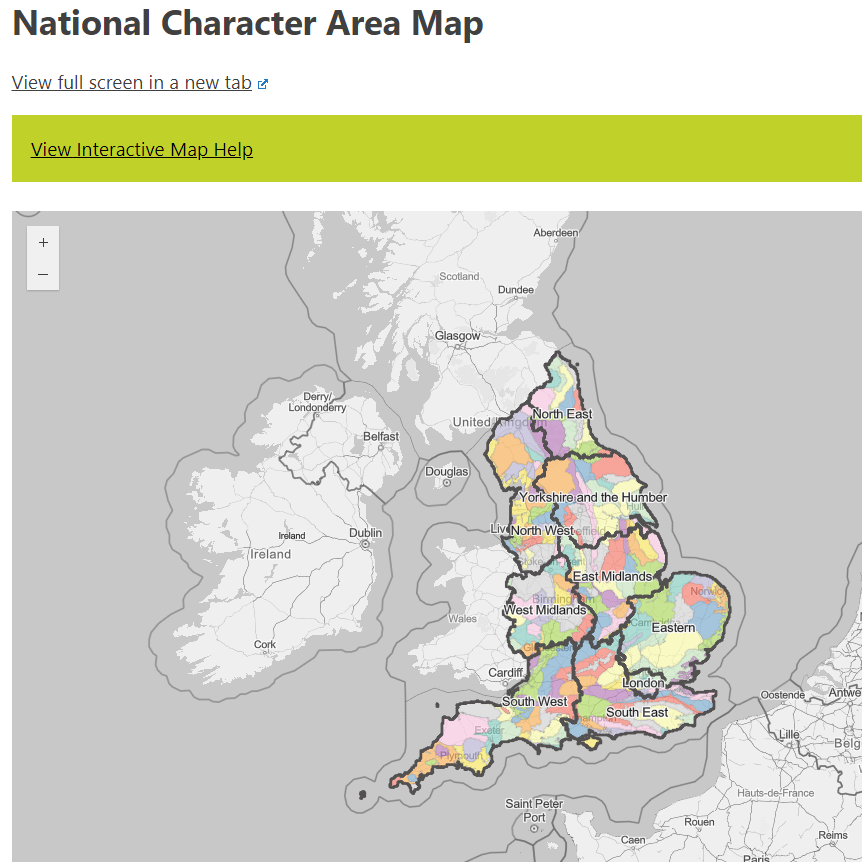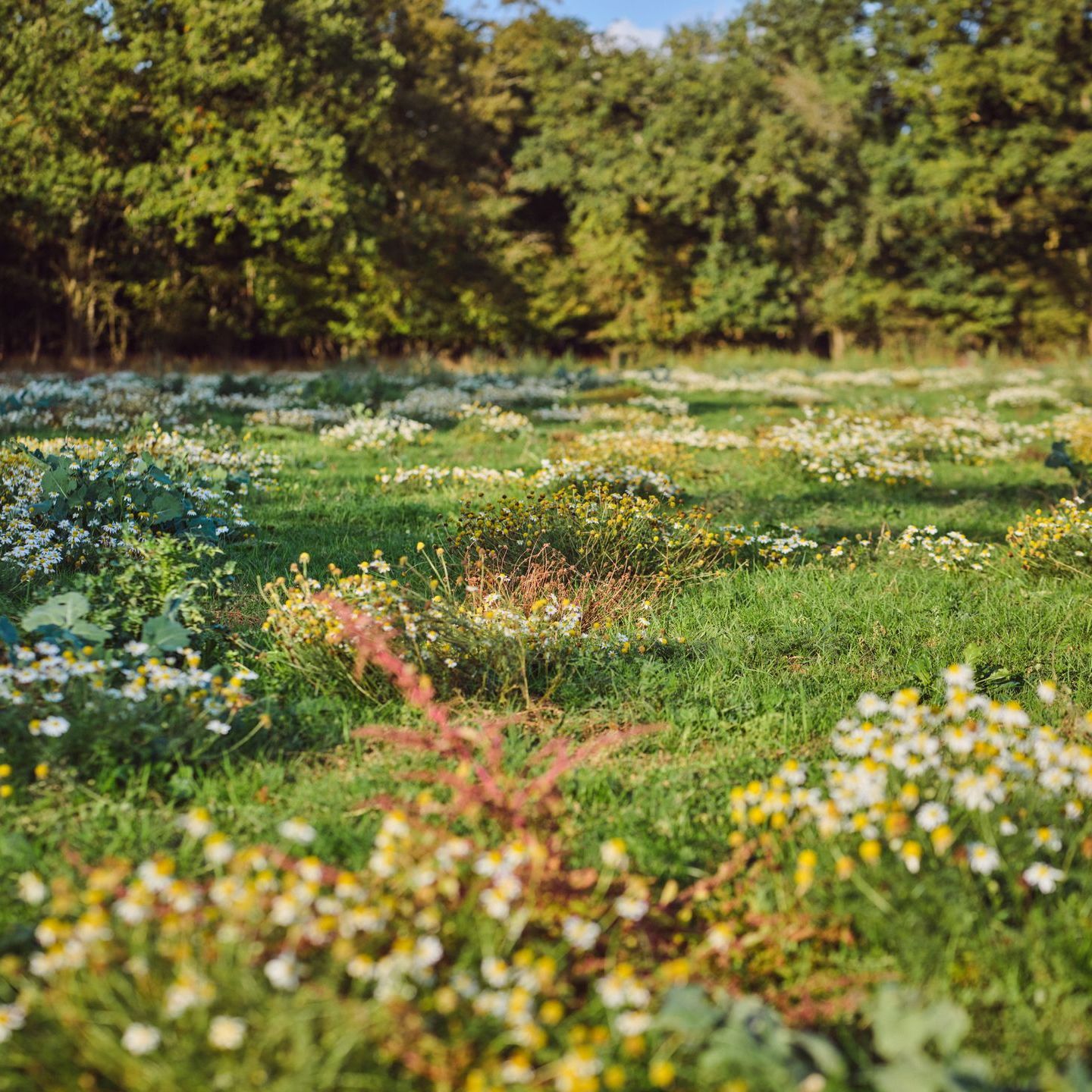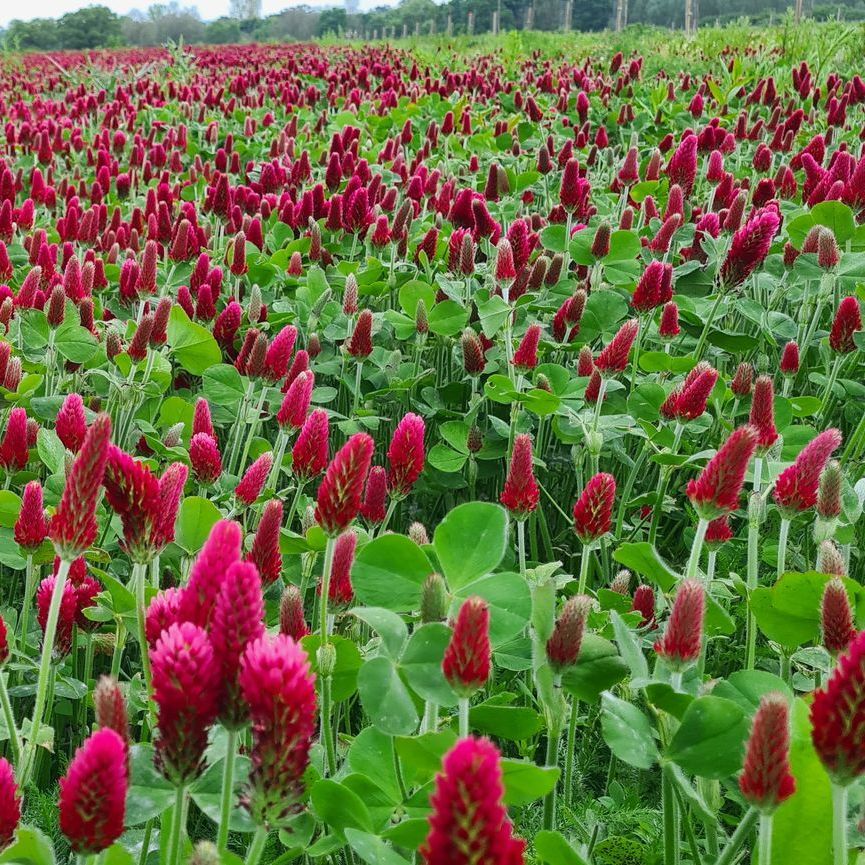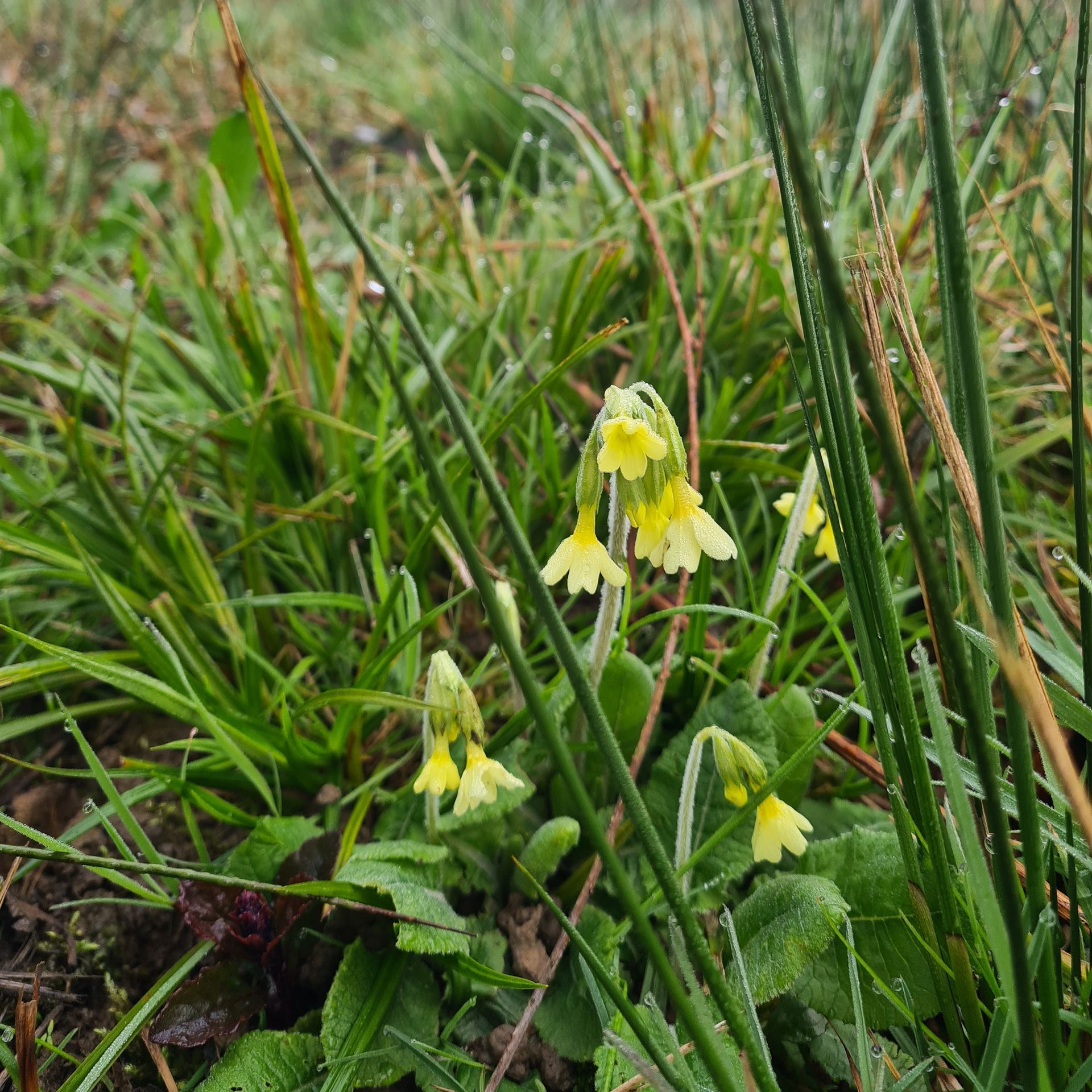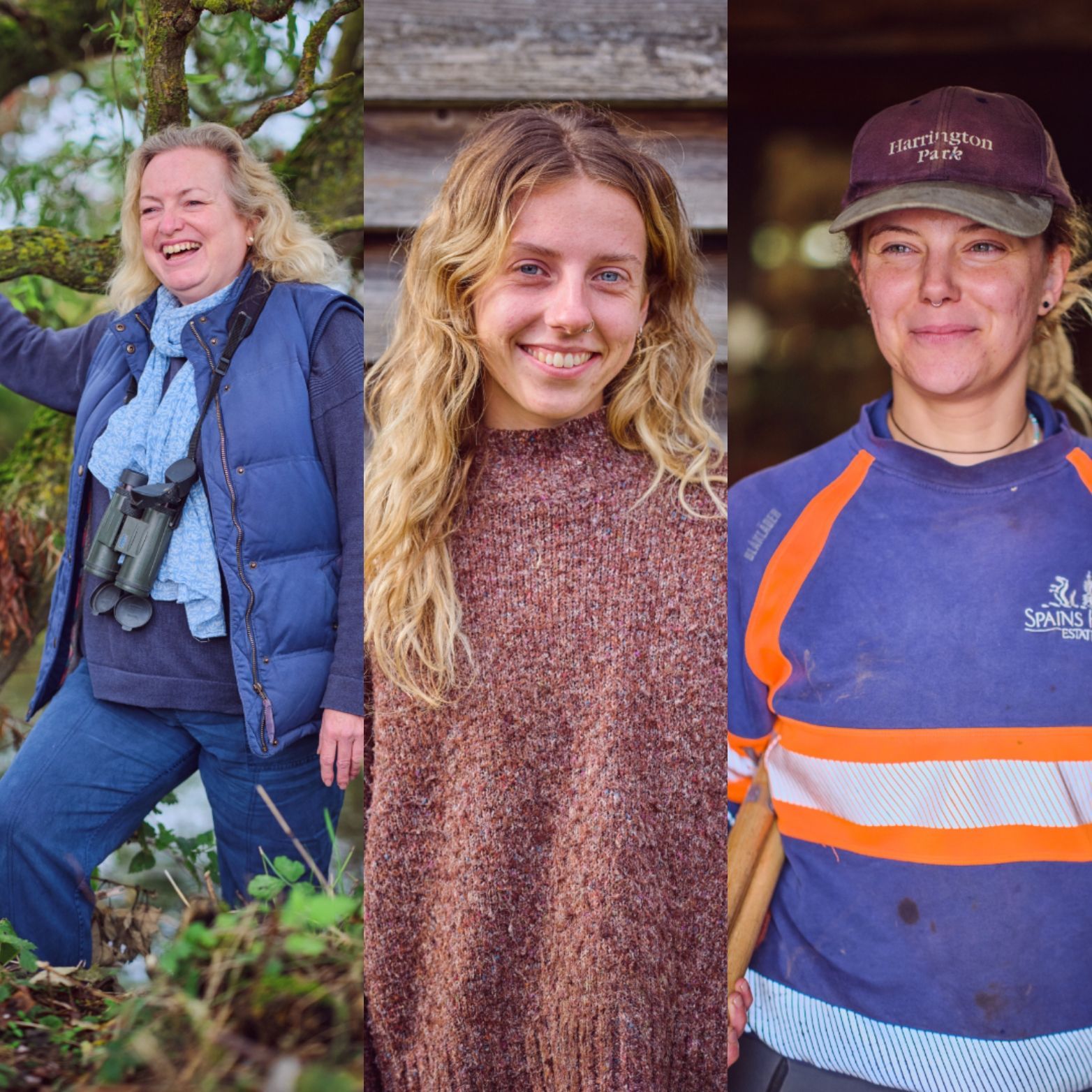Invitation to Number 10 Downing Street to talk Green Finance
Nature finance meeting launches new innovation fund, but doubts remain on financial viability for holistic approaches

It's not every day that you receive an invitation to go behind one of the most famous doors in the world, but that's what happened earlier this week. After working alongside the Green Finance Initiative on their Investment Readiness Toolkit Archie was asked to attend a roundtable and reception on 'Mobilising Nature Finance for Farmers and Land Managers'.
The Secretary of State took the opportunity to re-iterate the government's desire to enable income to be earned by farmers and land managers from things like biodiversity credits and carbon. This isn't the first time we have heard this, indeed it is the bedrock of the (now long forgotten?) 'payments for public goods' agenda first championed by Michael Gove back in 2018. Since then we have seen the gradual development of a new system of public payments, focusing more around environmental work than food production, but these is still a great deal of work to be done to open up these new markets effectively.
However, the scale of the twin climatic and nature crises mean that more funds are needed, up to £33bn by some accounts. So the government has its eye on the private sector, particularly investors and financiers, to pick up the tab in what they forecast to be a market worth $18.4 trillion in 2021. The SoS launched a third round of the popular NEIRF grant scheme, with a promised focus on farmers and land managers, which is very welcome. We await further details of what this will look like, and what sort of projects are likely to secure support to scale solutions.
On the ground these things really come to a head, and what is interesting about the government's position, is that they keep promising land managers they will be able to accumulate payments on single land parcels. The theory being that this will make environmental work profitable enough to displace the current land use is certain areas. We have been at the forefront of trying to make this system work for a number of years now, and the practicalities and individual scheme rules keep getting in the way.
Multiple outcomes from land management are essential in the space-scarce UK. Arguments about 'setting aside' land for one use, or another, are become less and less viable in our small isles. 'Protect the best, Restore the rest' is absolutely the way to go for the UK. However, to do this means being clever about what we expect from our land, and how we reward those outcomes. The systems we employ need to feed us, protect us from harm, power and heat our homes and restore the underlying planetary support systems we all rely on. Integration is key, building food production into the restoration ecosystem is essential, alongside designing conservation and food production systems that are mutually supportive. This is possible. However, it cannot be done for free. As businesses we need to factor in paying the bills to all of this. Whatever the land is currently being used for is a conscious choice, based in part on generating enough income to support the business.
To encourage change land use requires, at its most basic level, the ability to match the income generation potential of the current land use. If it doesn't, uptake of more sustainable systems will be limited to philanthropic and grant-aided approaches, which won't deliver the scale of change we need. By bringing together rewards for products of land that aren't extracted (such as clean water, biodiversity recovery, carbon removals) we could aggregate sufficient financial value to support change to the natural capital management system. Some of these improvements deliver value directly back to our own businesses, and for those we shouldn't seek payment. But the benefits of others (such as flood risk reduction) are felt elsewhere, and for those to be maintained we need to transfer that value back to the originators.
The policy is clear - stacked and bundled markets for ecosystem services are the future (and we agree), but the implementation of offset schemes (particularly) and even government grant schemes, are falling back to limiting funding to 'inputs', judging additionality on grants-type approaches. We would welcome a more rapid move towards additionality built around outcomes, after a period of baselining and sensitivity analysis, so that we, as market participants, can link the scale and quality of the outcomes directly to those who benefit. Rather than relying on one beneficiary (or buyer) to stump up to pay for everything (implicit bundling), which is inherently unfair, and won't be sustainable for them long term.
There is also the question of what we do for existing, but underperforming habitats, such as broadleaved woodland (an issue brilliantly raised by Lizzie Hulton- Harrop). Forestry Commission figures suggest that almost half of existing woodland isn't being managed. Additionality rules usually mean that private finance struggles to support better management, preferring instead to fund woodland creation. Cracking this nut is key to restoration and enhancement.
To do this the government needs to take a lead - use the new ELM scheme to drive best practice in whole farm sustainability appraisals, funded through grants, and drive investment in monitoring and measurement systems to reveal the data on what is actually going on in the environment. In this way both the public and private funding systems will have better information to work with, to design better policy after each review, drop actions that don't deliver the outcomes targeted and, most interestingly, provide management-relevant information to those managing the land. The scale of demand available through ELM and Green Finance is game-changing, supporting our ecology and eco-tech sectors to train up, develop and deploy solutions to environmental monitoring that to date have always been deemed too expensive, or technically infeasible.
We need to hitch our land use system change trailer to the tech and AI tractor now in order to move quickly to outcomes-based reward systems to tackle the climatic and nature crises.
Latest news
